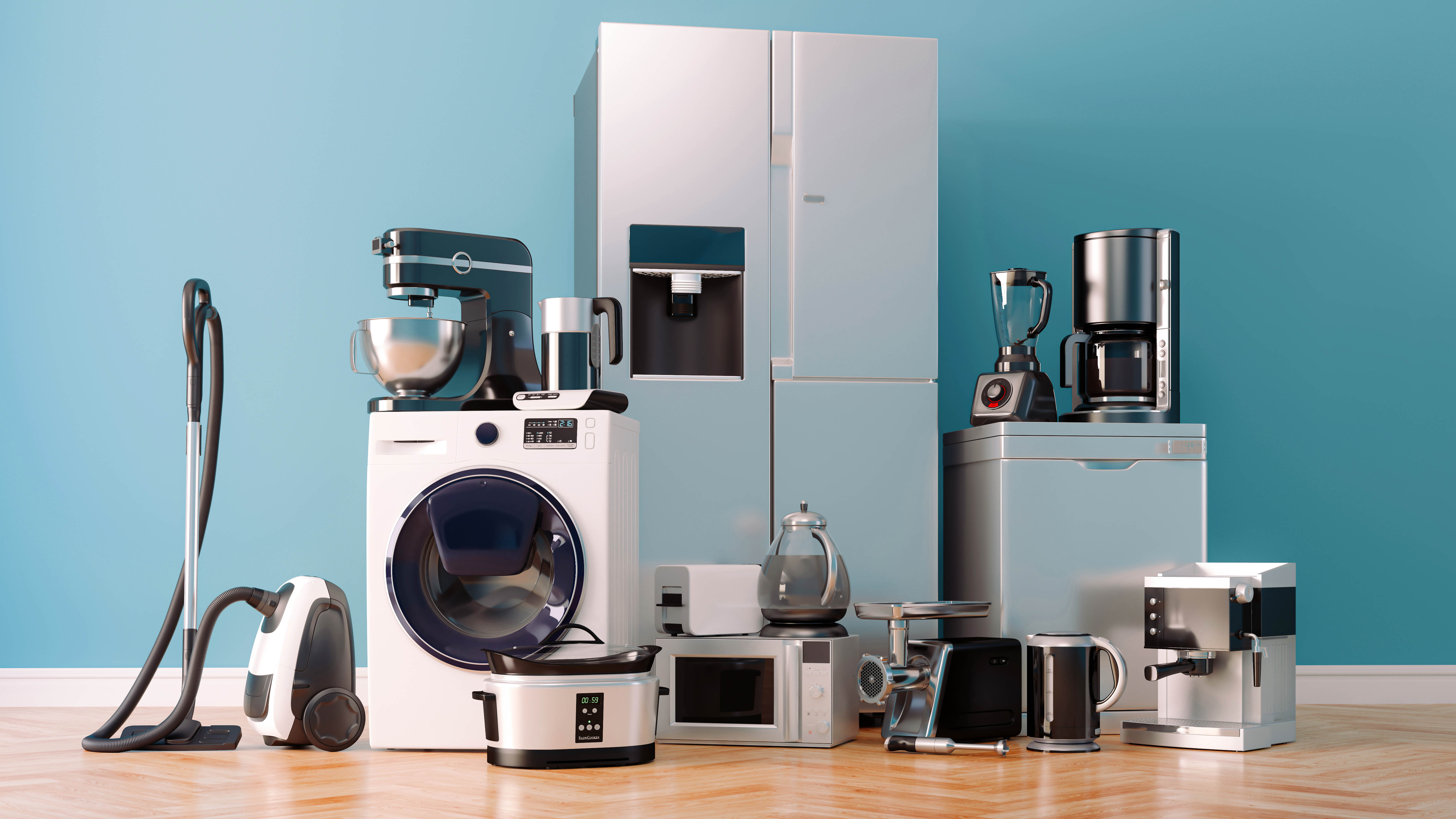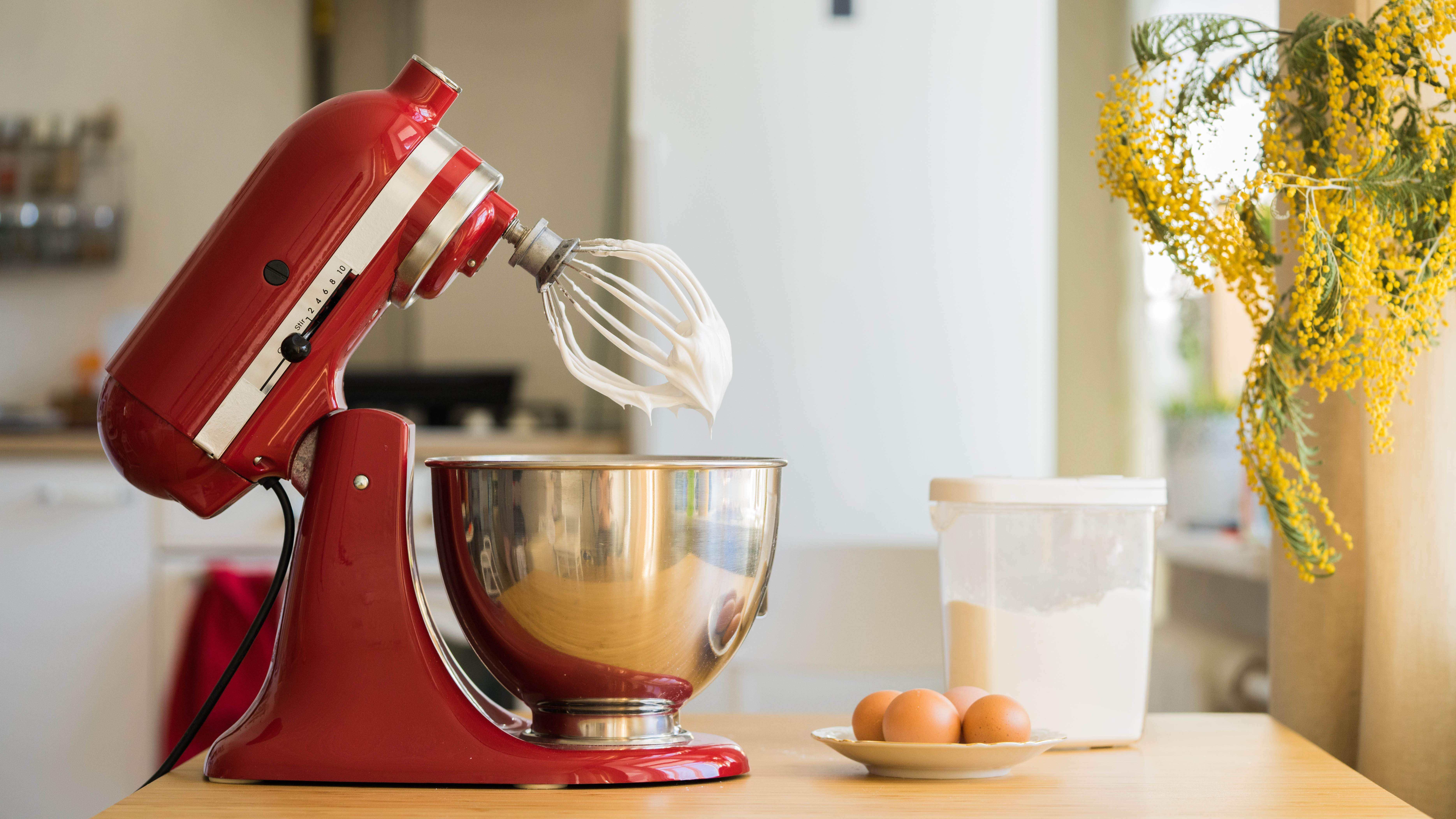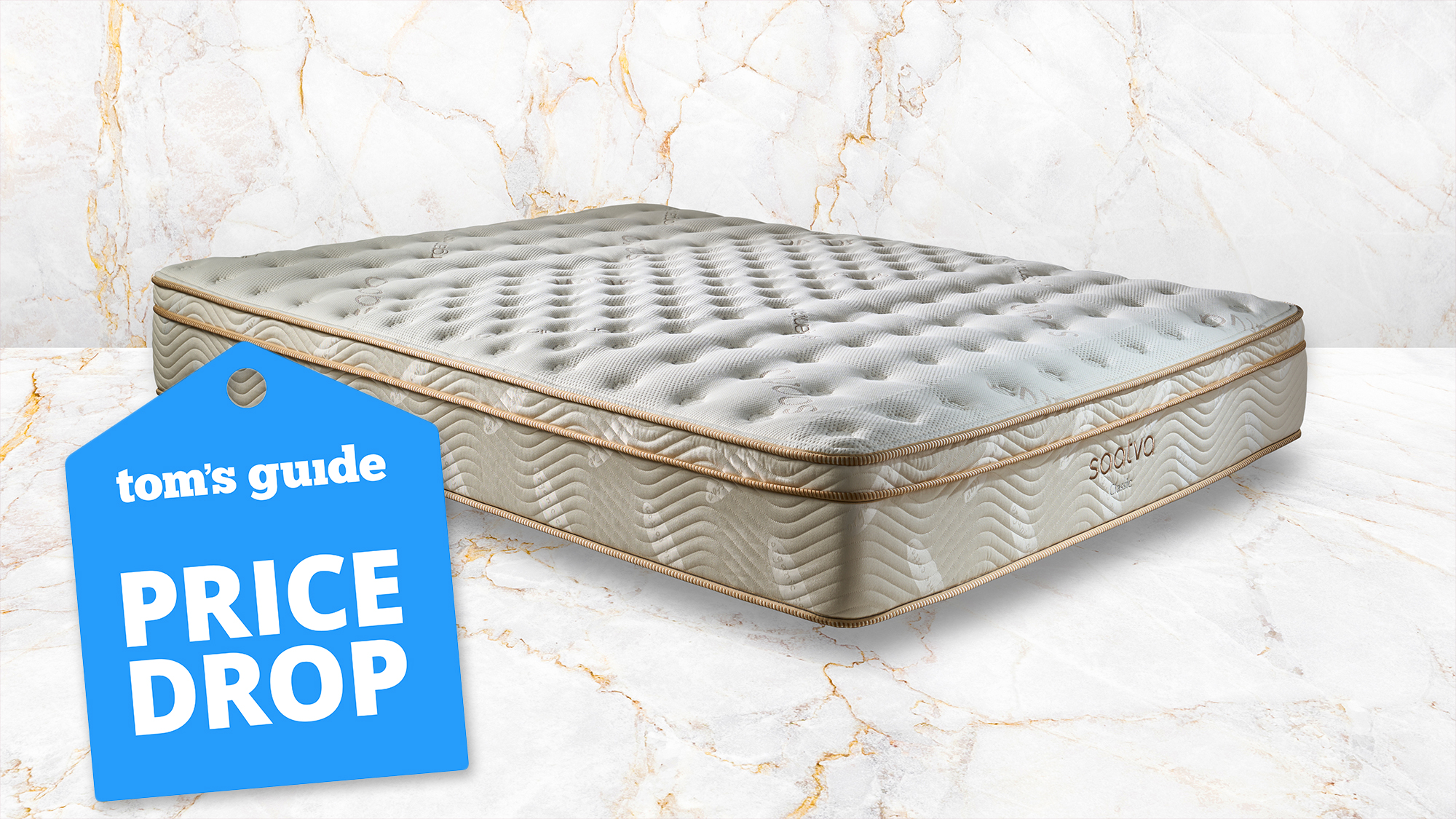The pros and cons of buying refurbished appliances in the sales
You can snag a big brand bargain in refurbished appliance sales, but do be careful!

In the recent Black Friday and Cyber Monday deals, you may have noticed more and more ‘refurbished’ appliances hitting the shelves. Brands such as Dyson even have a dedicated page for refurbished machines, but what does this actually mean? On first appearances, it looks like you’re getting the latest products for a fraction of the price, whether they are the best coffee makers or best robot vacuums. But, that’s not the whole story.
While buying refurbished means you can afford more premium brands, there are pros and cons to this condition. Here, we explain what buying refurbished actually means, what you should expect, and what you need to be aware of.
What does refurbished mean?
Refurbished, or reconditioned as it’s sometimes known, essentially means the product is no longer brand new. It may have undergone any number of the following scenarios:
- It may have never been used, but may have been purchased and returned by another customer
- It could be a used product, which has been repaired to full working order, and then sold
- It could have been on display and potentially used in demonstrations
- It could have damaged packaging
The condition of the product and why it’s being sold as refurbished should be advertized along with the reduced price.

The pros of buying refurbished
Naturally, the biggest benefit to buying refurbished is the reduced price. Some brands can discount products by 50% or more depending on its condition. For this reason, you can grab a bargain.
This also opens up the option of buying more premium brand names for those shopping on a budget, which for some is the biggest selling point. It also means some of the latest products on the market become more affordable.
Most states have laws that any goods you purchase should be fit for purpose — this means your appliance will be up and running in full working condition, whether it’s undergone repairs or not. The only exception to this is where a product is sold ‘as is’ for which you take the risk that it might not function as expected and you can’t return it if you’re not happy. For this reason, we don’t recommend buying appliances sold that way.
Sign up to get the BEST of Tom's Guide direct to your inbox.
Get instant access to breaking news, the hottest reviews, great deals and helpful tips.
Some refurbished appliances will come with warranties as well for added peace of mind, and these are worth looking out for. That way, if your refurbished appliance falters down the line, you are entitled to repairs.
The cons of buying refurbished
There’s a chance that a refurbished appliance has been used, so be prepared for signs of wear and tear. This means there might be scratches and dents, so you should ask to see the product before you purchase if this concerns you.
I recently purchased a refurbished juicer, which on first appearance was covered with food stains, but underneath I could see it looked like new — so this really is worth doing.
If a refurbished appliance comes with a warranty, it also only tends to be a year, which is much shorter than buying a new product. Again, you’re taking the risk that if it breaks after that time, you’re on your own. As with all warranties, it may also only cover certain parts, so you should check this too to see if it’s sufficient.

Should I buy refurbished?
I definitely recommend buying refurbished. That’s how I bought several of my kitchen appliances, and I’m happy with these purchases. Some even look like new, and you wouldn’t know I got them for such a discounted price.
That’s not to say I haven’t had bumps along the way — while it’s not an appliance, I once purchased a refurbished mirror, only to find it was smashed when I got home. This was my own fault for not checking it before I purchased it!
But, by making sure the items come with warranties and are sold by reputable brands, I feel confident enough to take advantage of these discounts. At the end of the day, it comes down to what you’re comfortable buying.

Katie Mortram used to be a Homes Editor for Tom's Guide, where she oversaw everything from kitchen appliances to gardening tools, as well as smart home tech. Specializing in providing expert advice for cleaning and home manintenance, she now works as Household Advice Editor for Good Housekeeping.
